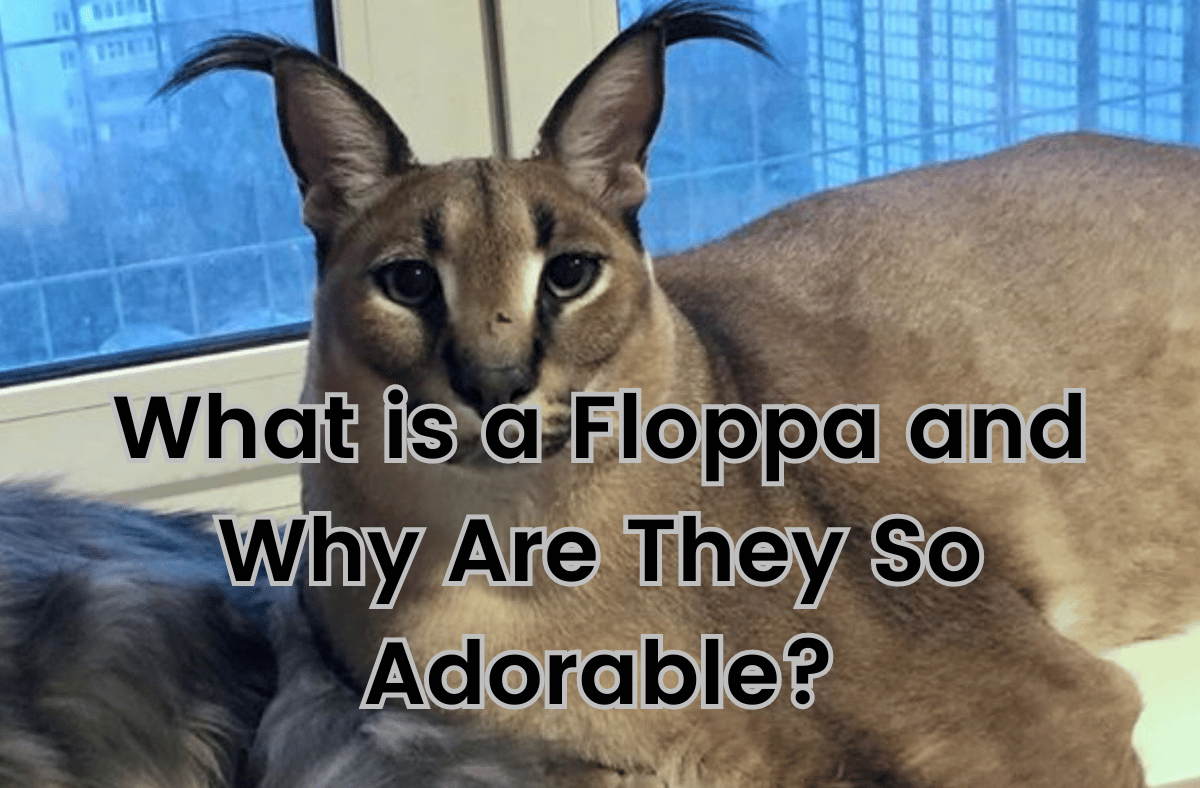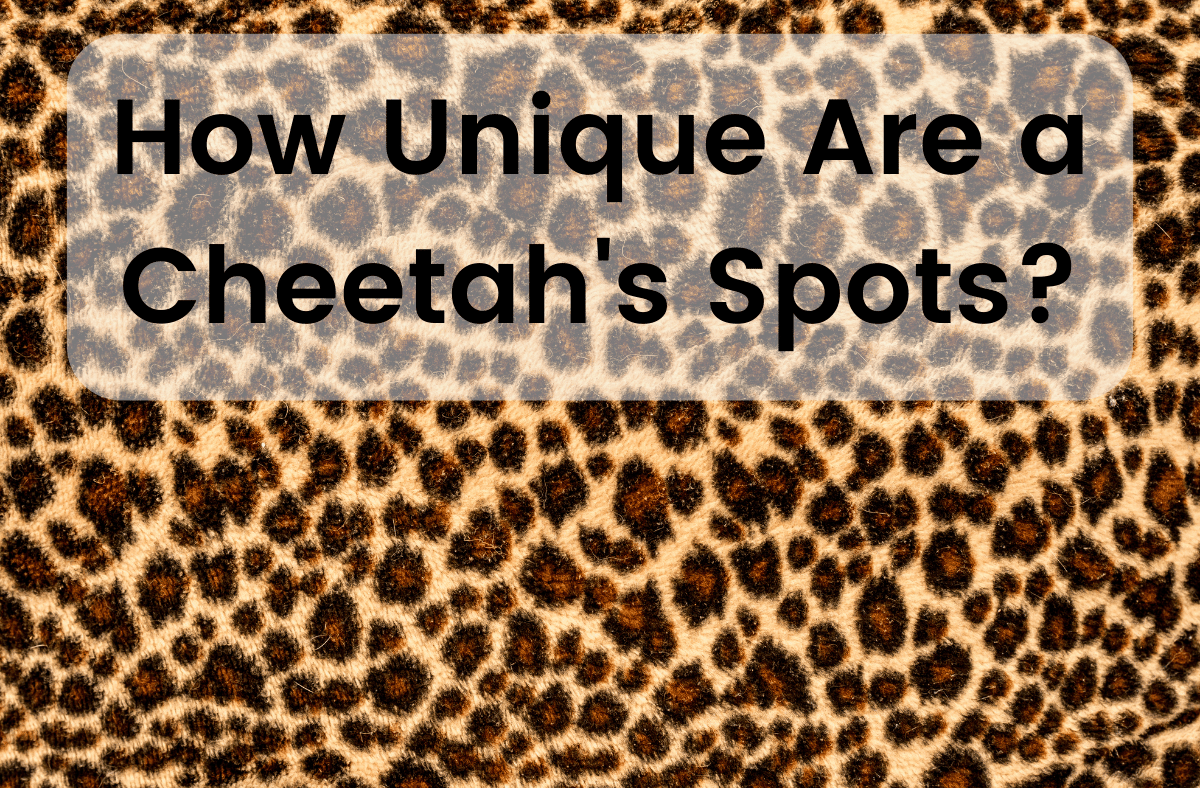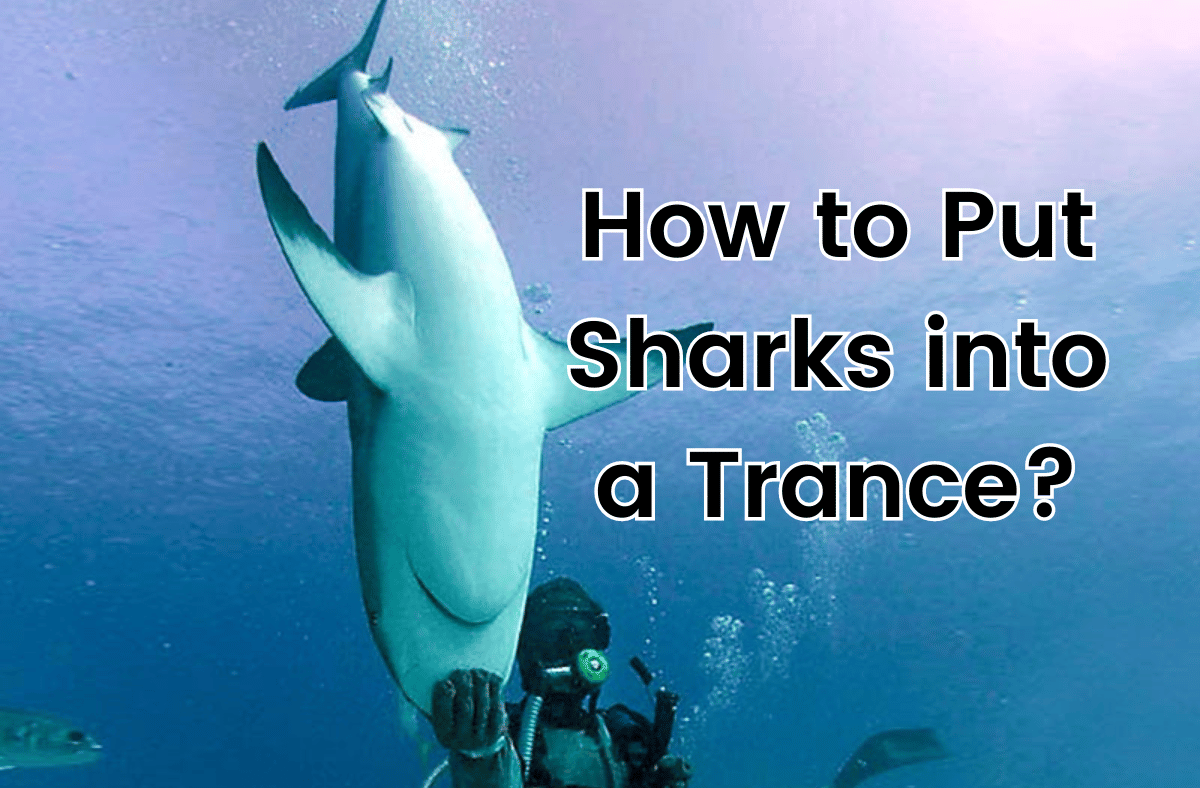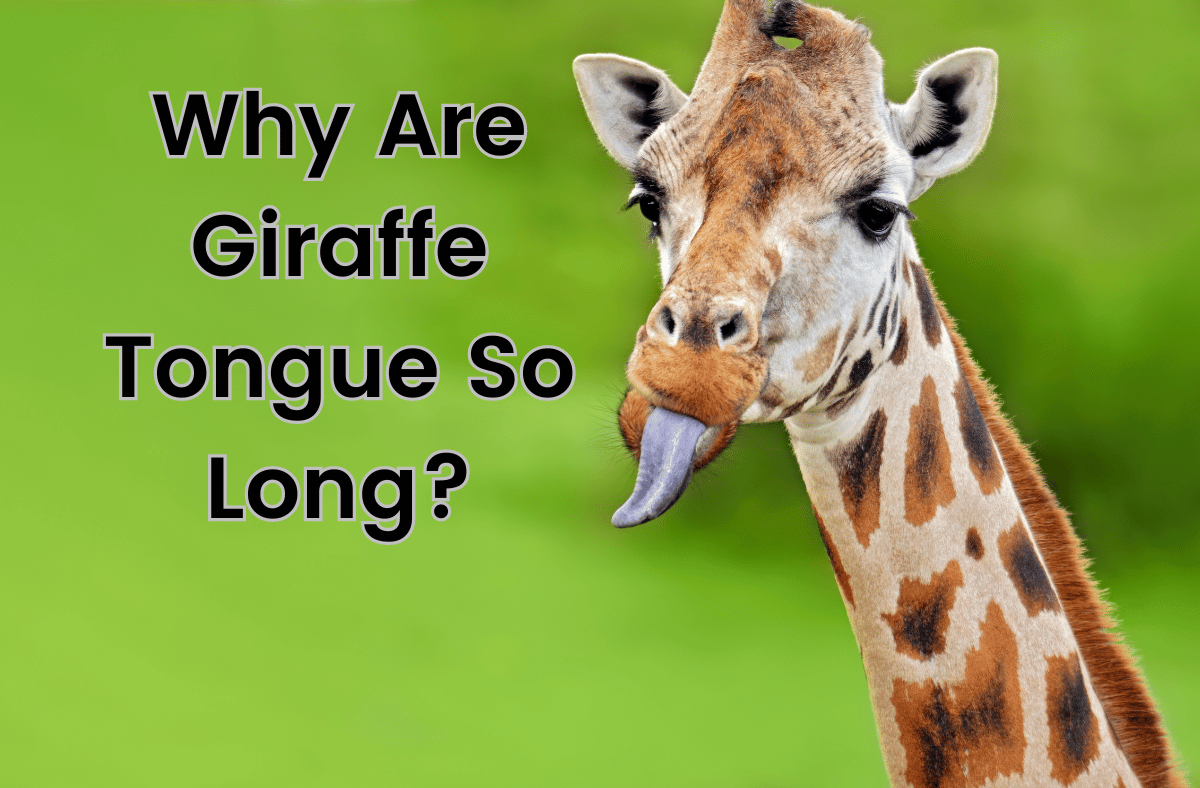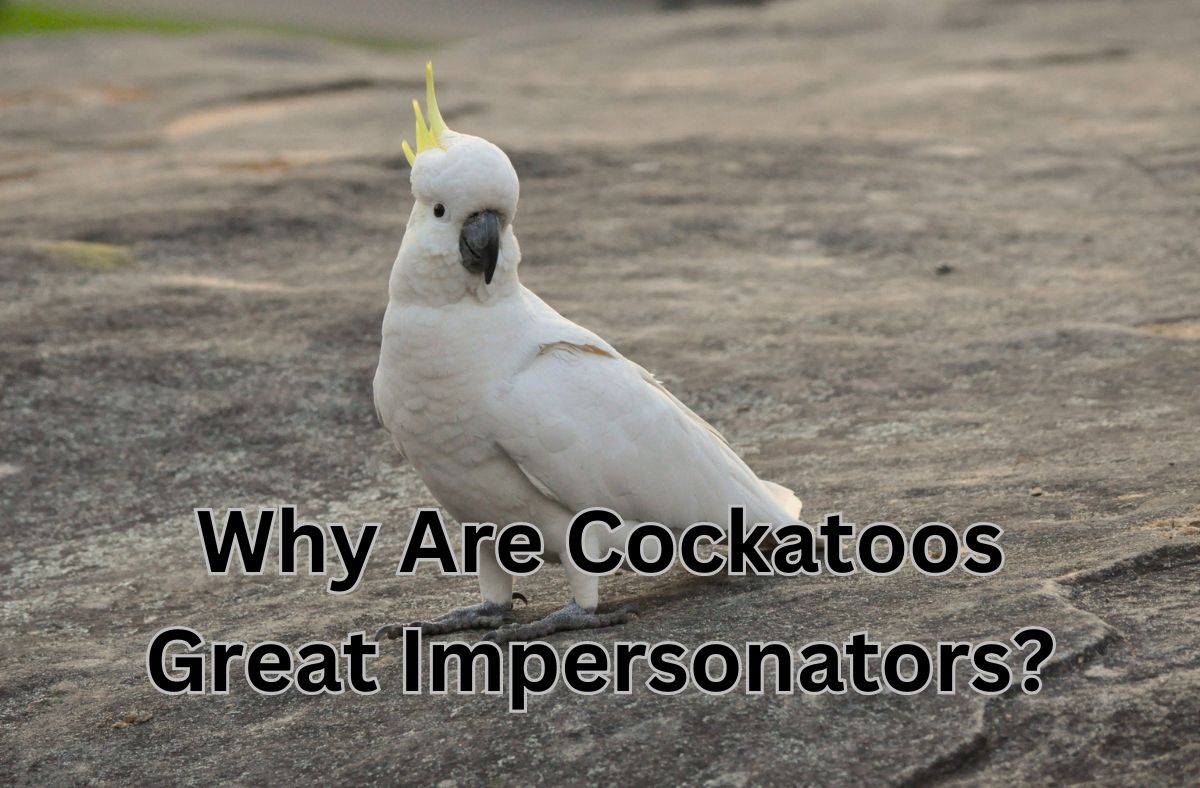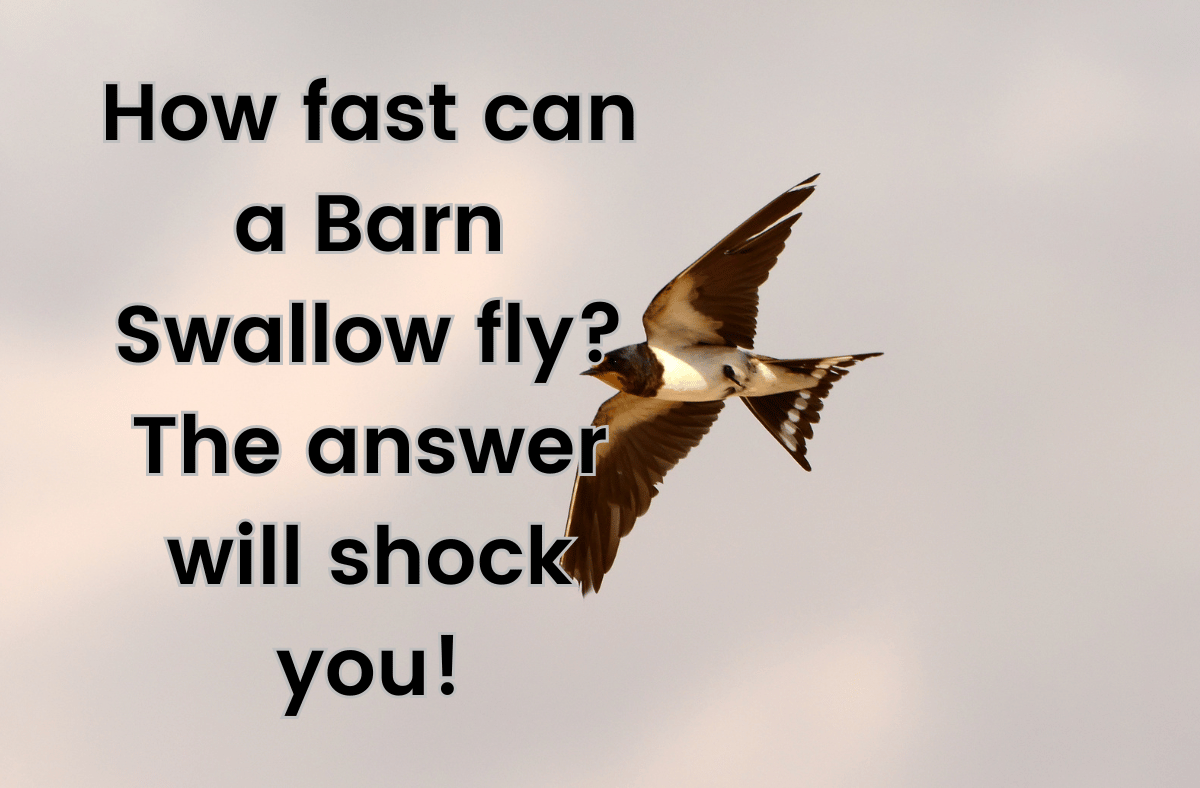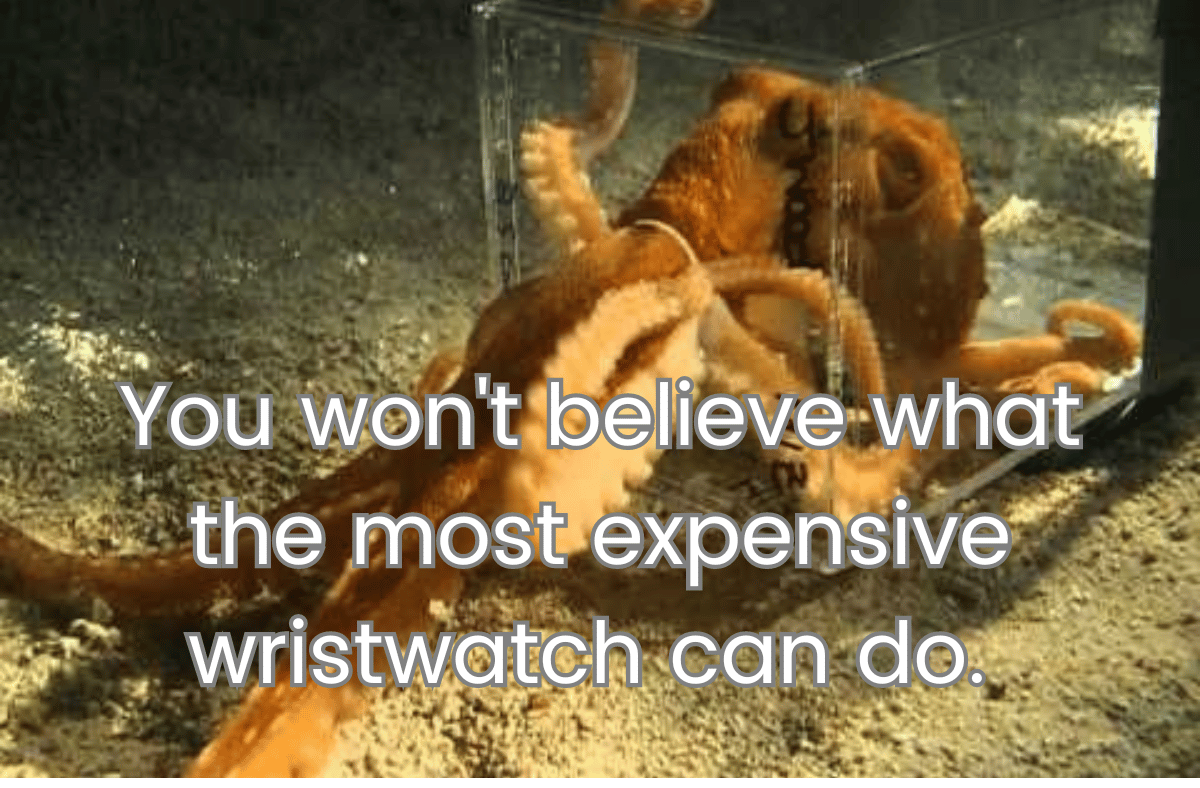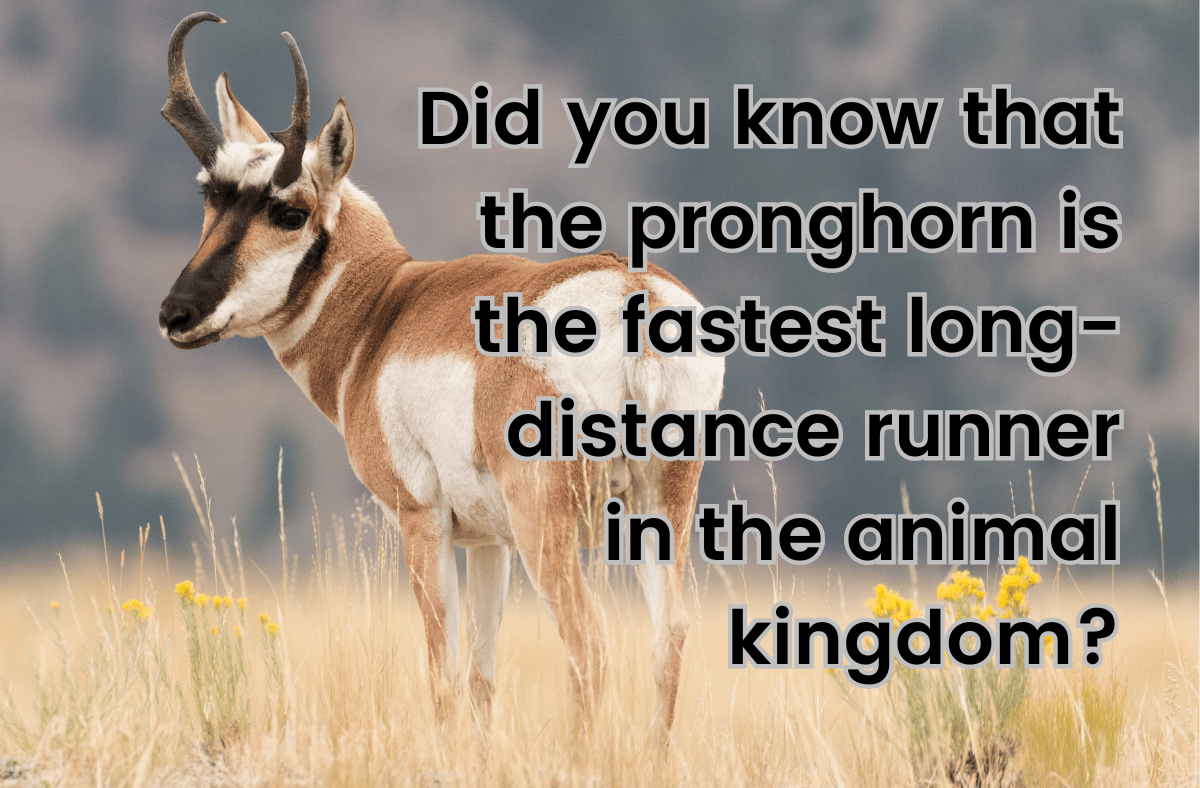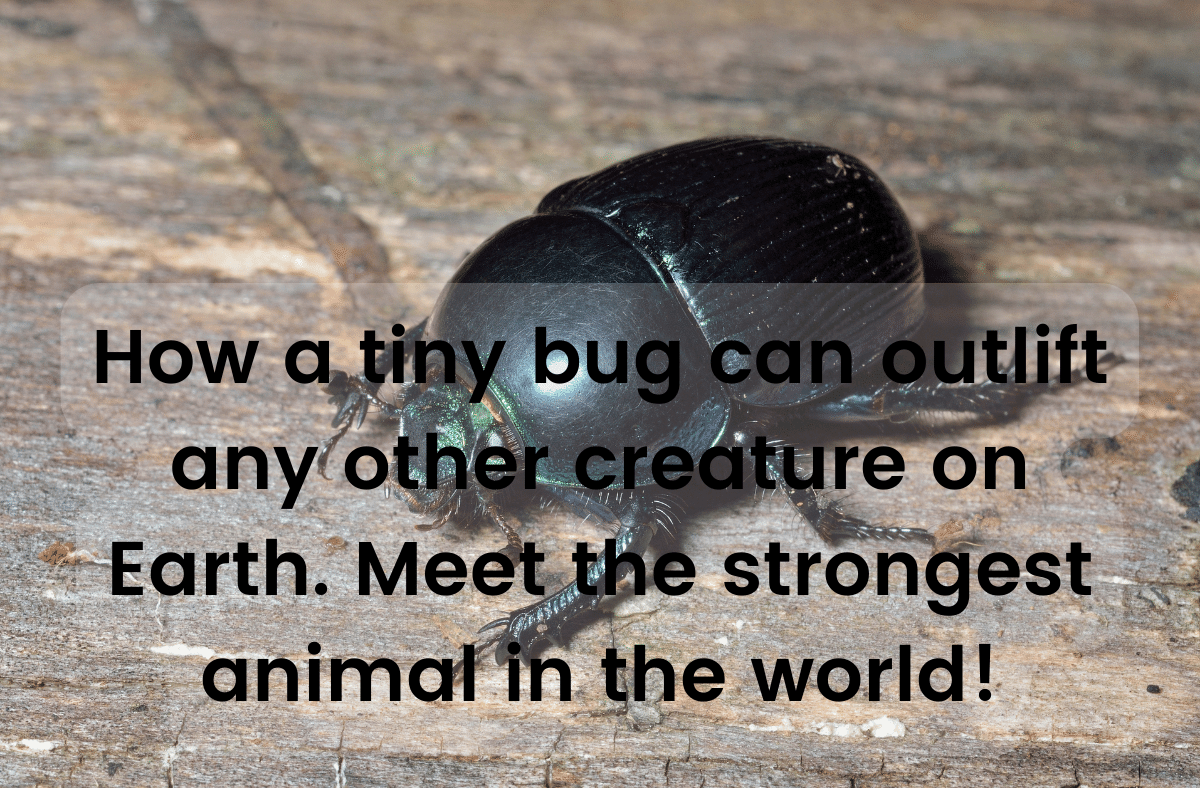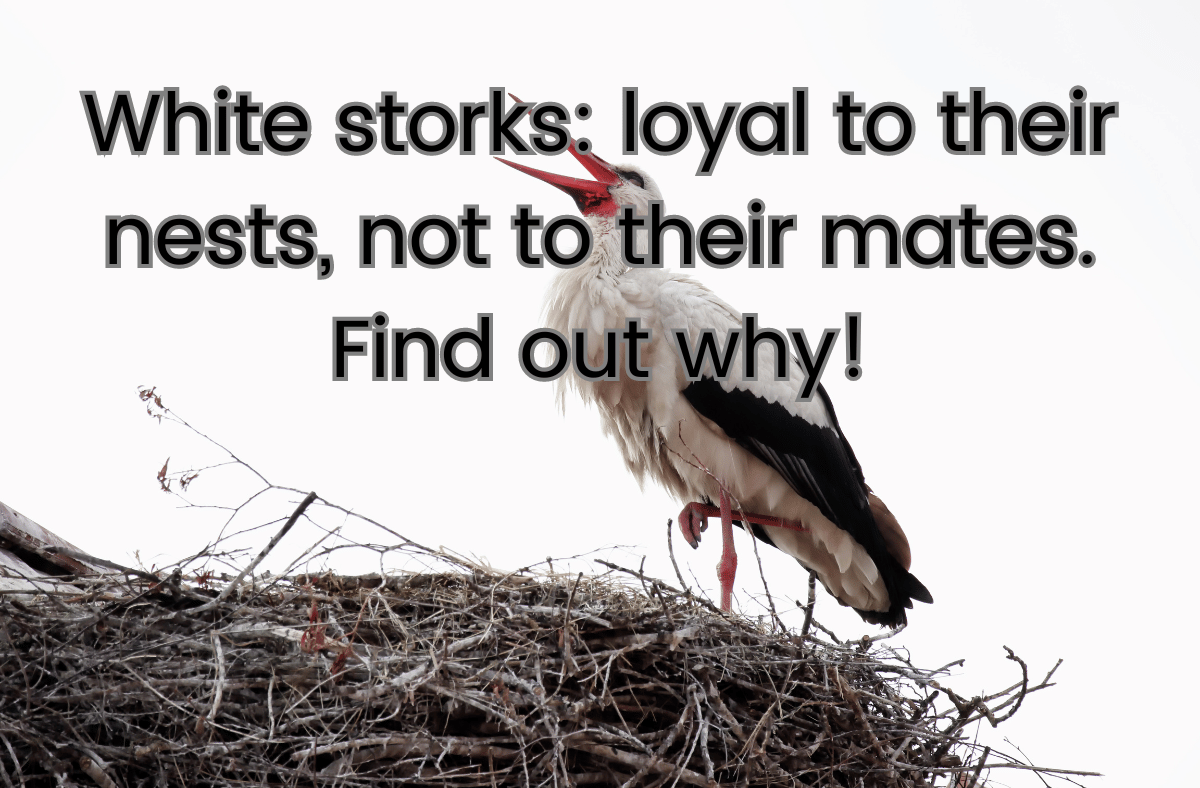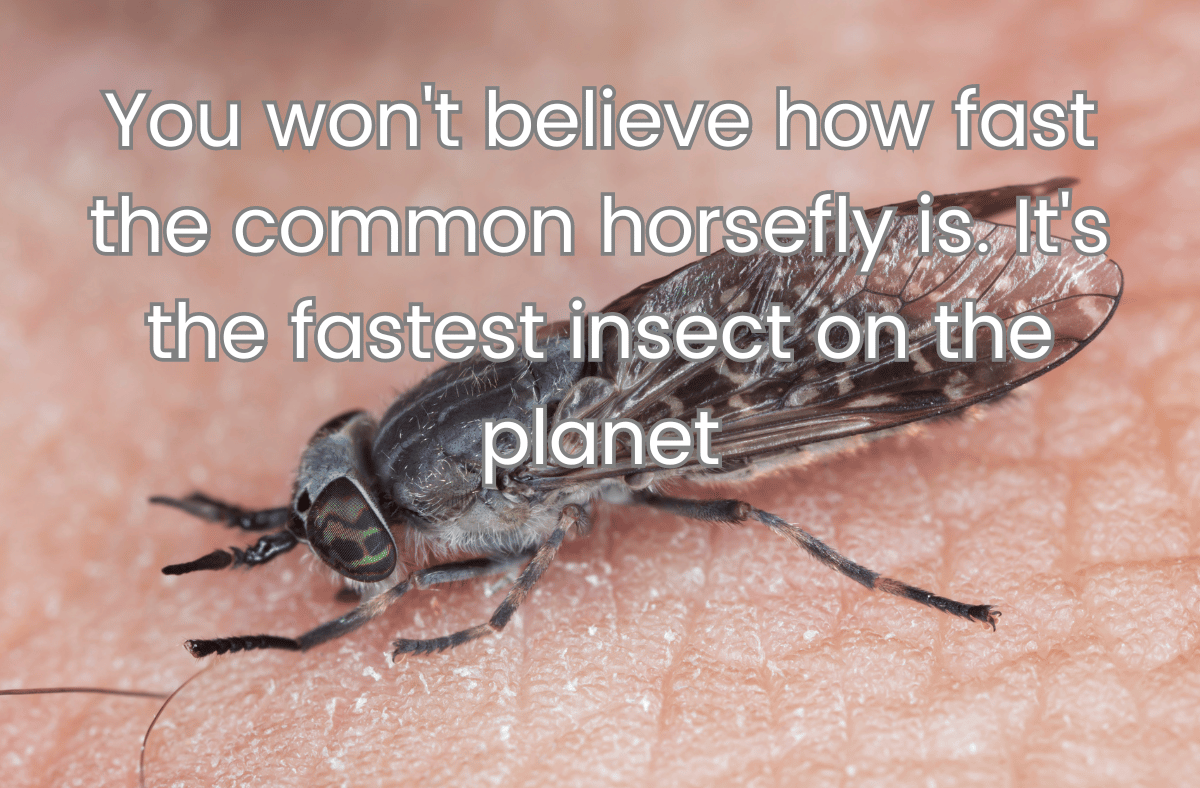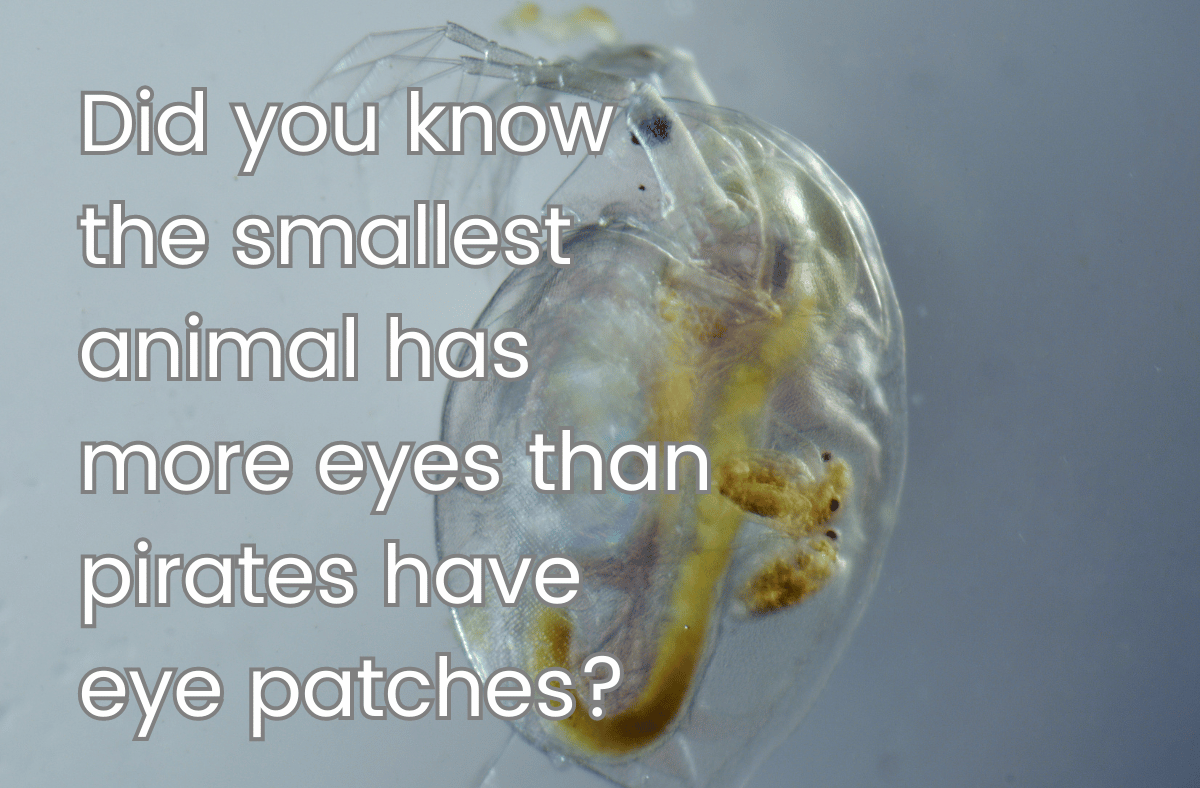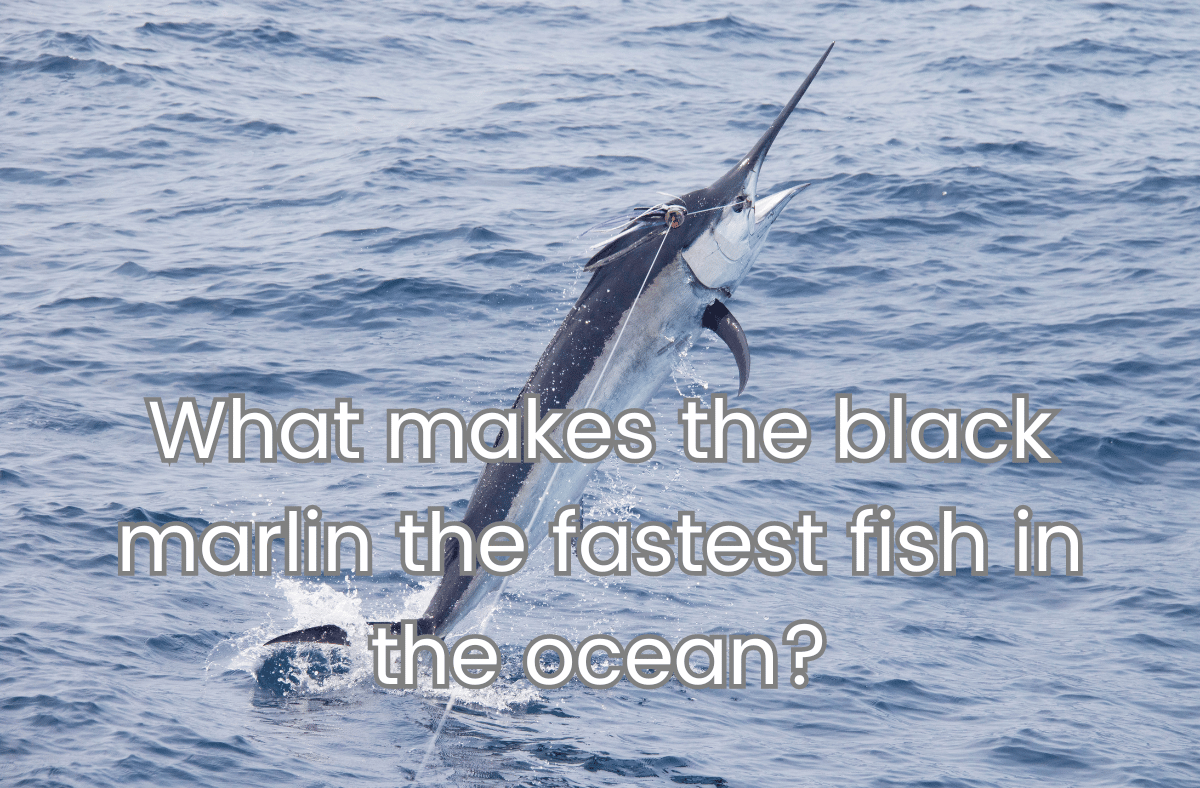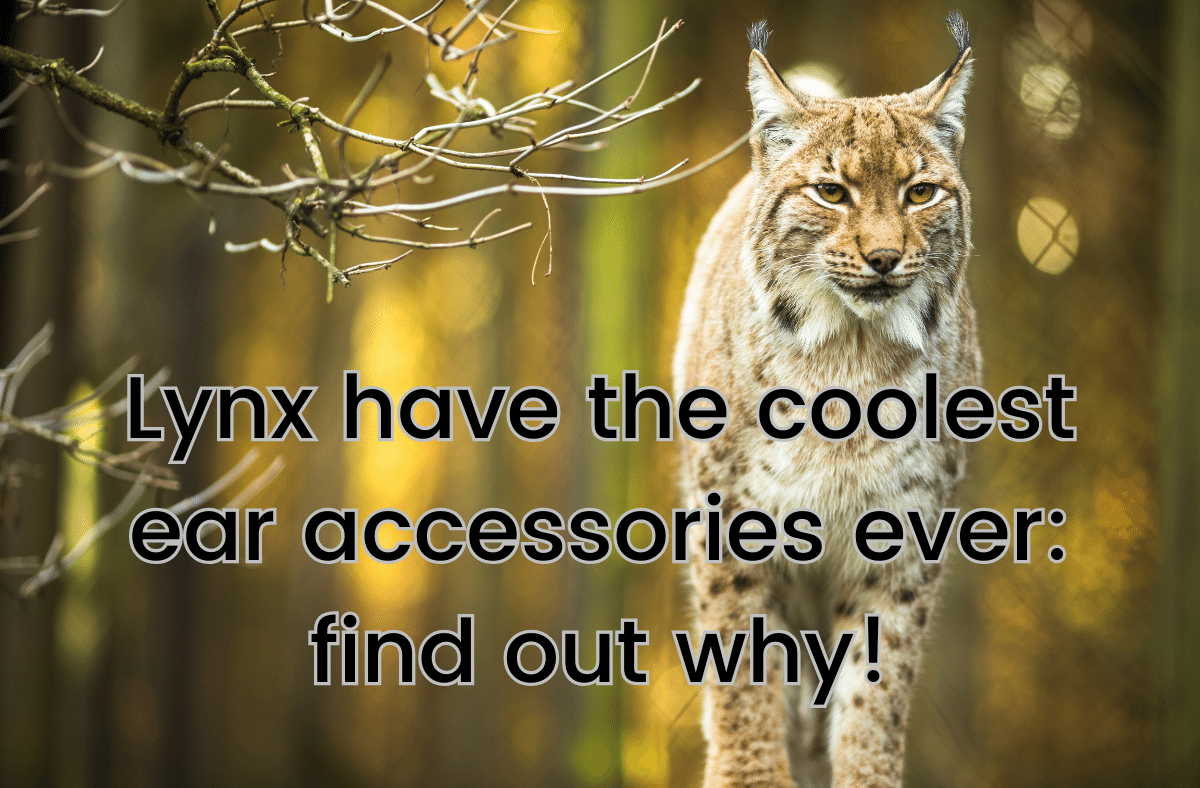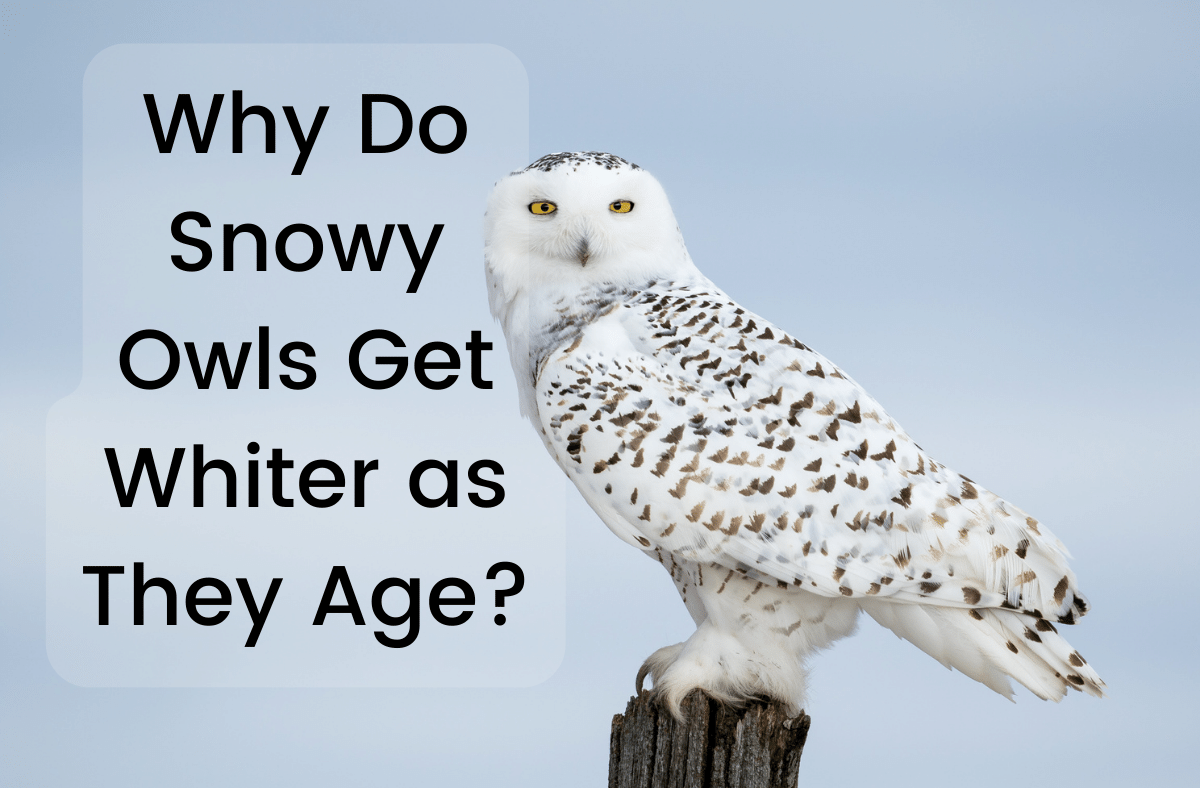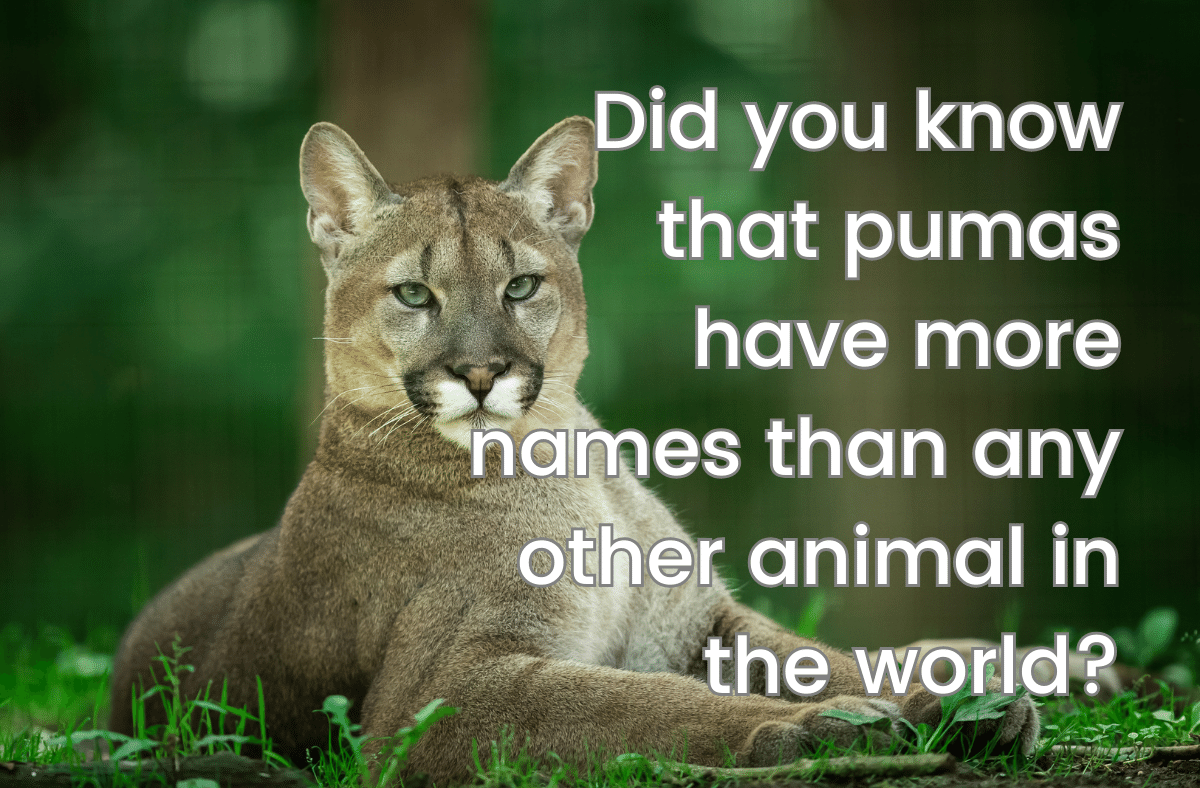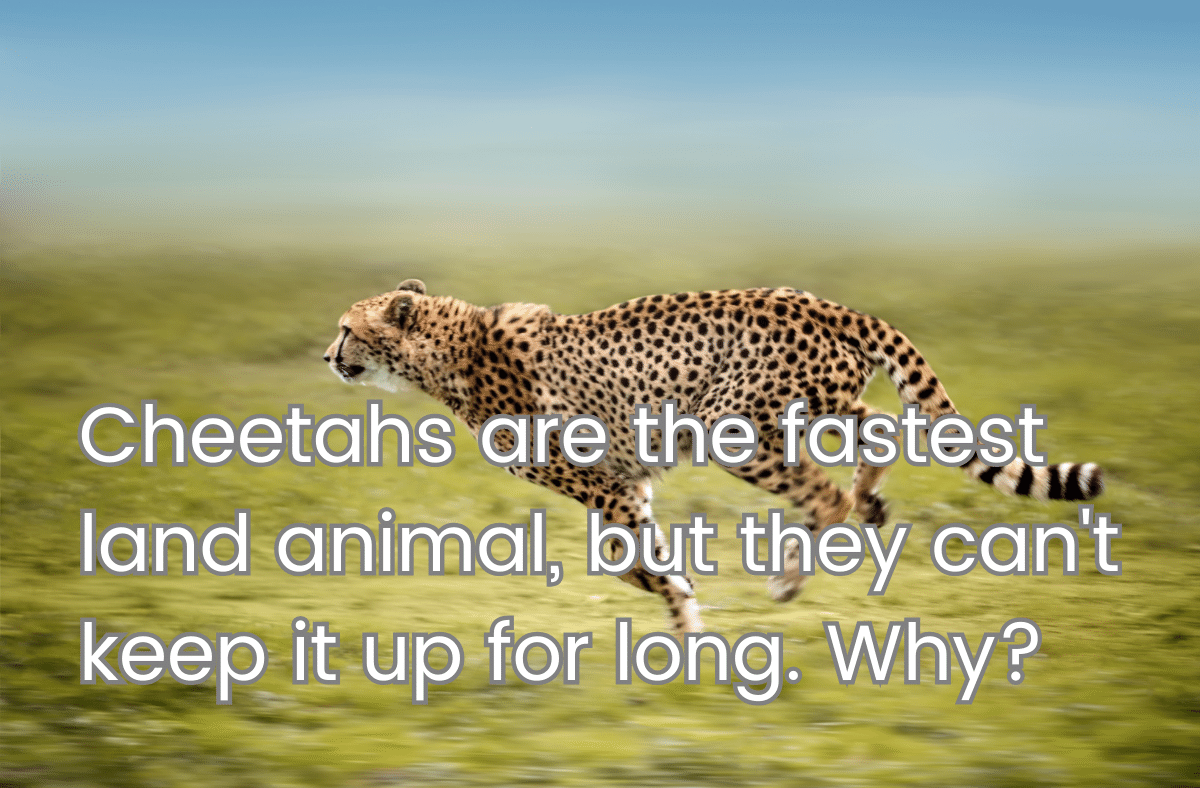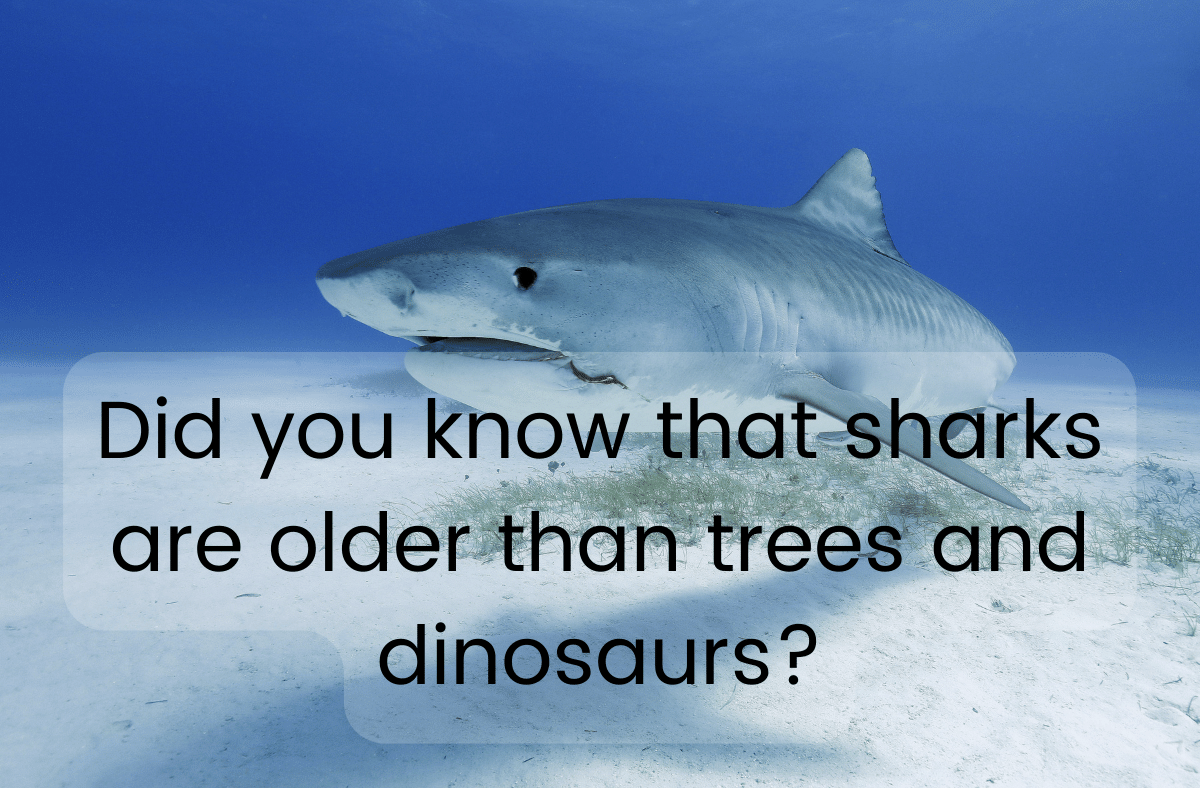For those in a hurry:
- Floppa is not a domestic cat, but a caracal, a wild cat native to Africa and Asia.
- Caracals have distinctive black tufts on their ears, which help them locate prey and communicate with each other.
- Caracals are solitary and territorial animals, but they can form strong bonds with their owners if raised from a young age.
- Caracals are not suitable for everyone, as they require a lot of space, exercise, and attention. They can also be aggressive and destructive if not trained properly.
- Caracals are endangered in some parts of their range due to habitat loss, poaching, and persecution by farmers.
Unraveling the Mystery: What Exactly is Floppa?

When one hears “Floppa”, a domestic cat might come to mind. However, this is a misconception. Floppa is actually a caracal, a wildcat native to distant lands. This species originates from the terrains of Africa and Asia.
Beyond Domestication: Floppa’s Wild Nature
Though they resemble our domestic feline friends, caracals are wild at heart. This means they retain certain behaviors and instincts from the wild. They can’t be fully tamed, no matter how long they’re in human care. Yet, many are drawn to them, fascinated by their unique charm.
Floppa’s Dual Nature: Gentle Yet Untamed
Despite their wild origins, Floppas can be surprisingly gentle. To those they trust, they show affection and loyalty. These cats form strong bonds with their caretakers. However, this doesn’t negate their inherent wild instincts. They remain unpredictable, a blend of the gentle and the wild.
The Allure of Owning a Floppa: Understanding the Risks
Owning a wildcat like Floppa carries responsibilities. They require specific care and an environment that respects their wild needs. Moreover, prospective owners should be aware of local regulations. Many regions have strict rules concerning the ownership of wild animals.
Protecting Floppa’s Legacy: Respecting Their Natural Habitat
As intriguing as they are, Floppas belong in the wild. Conservationists emphasize the importance of protecting their natural habitats. This ensures that these magnificent cats can thrive for generations. After all, their beauty is best admired in their natural setting.

